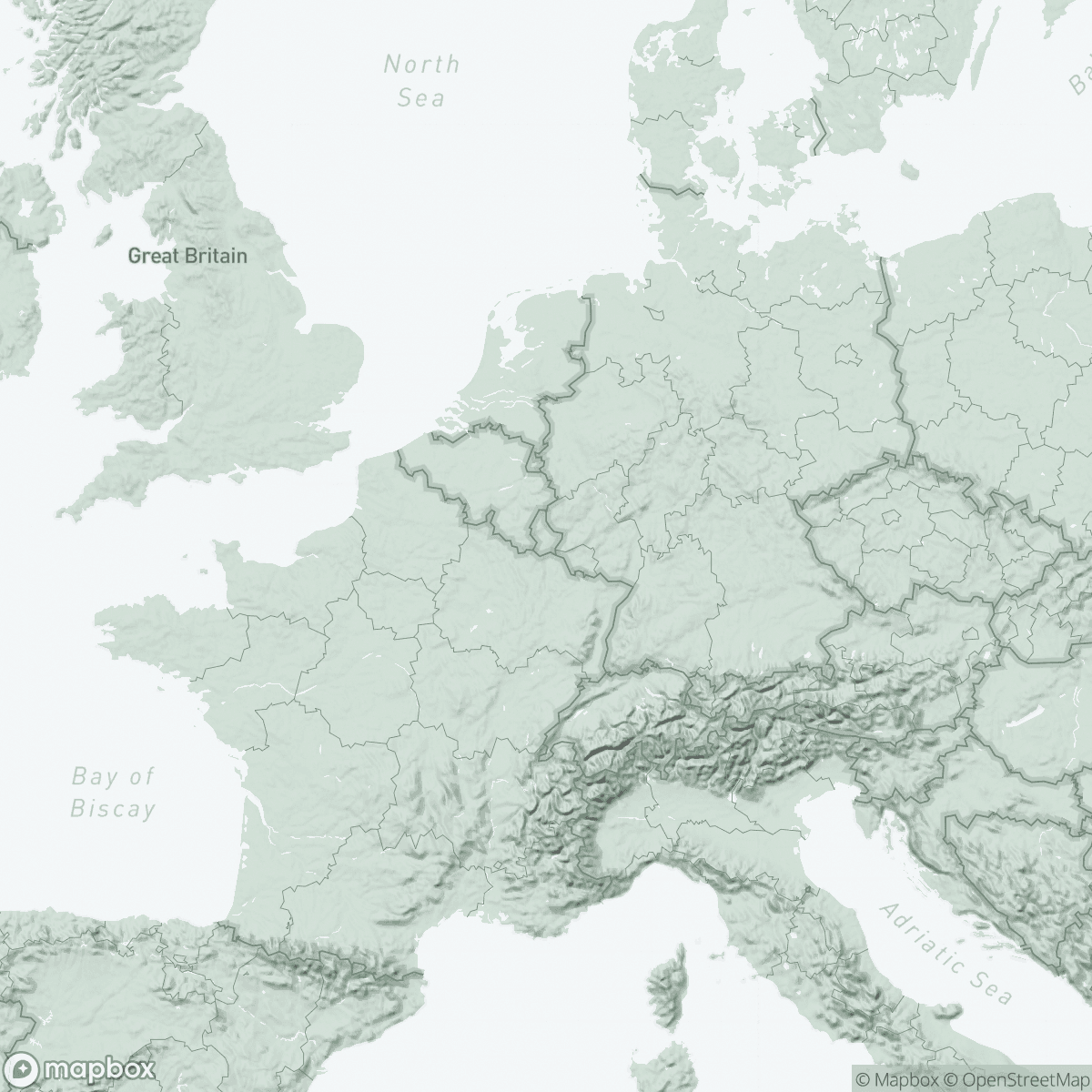Sudan: “After more than two years of war, the humanitarian situation continues to worsen, often in indifference”
In 1 click, help us spread this information :
Claire San Filippo, emergency coordinator for Médecins Sans Frontières (MSF) in Sudan and Chad, was recently in Luxembourg where she issued an urgent appeal to the authorities. Facing a severely inadequate response, she raised the alarm about the dramatic scale of the humanitarian crisis in Sudan, denouncing the international silence surrounding this devastating conflict.
It started in June 2023. For a month, no one could leave Murnei: if you did, you were raped or beaten.
My sister and I fled. On the road, two men attacked us. They raped my sister. I had my baby in my arms. Someone threatened to kill him with a knife. I started crying and begged him not to kill the baby. He let me go. But they raped my sister. She was 20 years old.
When we arrived, we had no shelter. Men came at night to rape women and loot. They took everything. At night, I heard women being raped.
The men [from our ethnic group] hid in toilets or anywhere they could lock themselves in. Otherwise, they would be killed.
Women did not hide because they were ‘just’ raped or beaten.”
Testimony of a 27-year-old Sudanese woman.
It was by sharing this chilling testimony of a 27-year-old Sudanese woman that Claire San Filippo, emergency coordinator for MSF in Sudan and Chad, spoke before about fifty supporters and sympathizers of MSF Luxembourg. The meeting, held on June 17 at the organization’s premises, marked the presentation of the 2024 activity report of the Luxembourg section.
“Women did not hide because they were ‘just’ raped or beaten,” she repeated gravely.
I want to emphasize the unspeakable cruelty contained in that adverb. The word ‘just’, placed before such extreme acts, reflects the chilling indifference toward unbearable violence. Being raped or beaten is never trivial, never marginal.”
During her poignant intervention, Claire San Filippo painted an alarming picture of the humanitarian crisis ravaging Sudan for over two years. The conflict between the Rapid Support Forces (RSF) and the Sudanese Armed Forces (SAF) continues to devastate the country, with civilians as the main victims.
The frontlines move, but civilians remain trapped. They are bombed, besieged, and live in constant fear of reprisals,” she explained.
he recalled the tens of thousands of deaths, attacks against medical personnel, and more than 80 violent incidents targeting MSF teams, facilities, or convoys during the first two years of the war. “More than 14 million people have been displaced, including 10 million internally,” she specified, highlighting the collapse of the health system and the ongoing deterioration of living conditions.
Claire San Filippo also denounced the lack of international response:
The humanitarian response is largely insufficient, while 60% of the population urgently needs aid and entire areas are already affected by famine.”
The risk of increased isolation of communities with the arrival of the rainy season, combined with the spread of epidemics and the destruction of medical infrastructure, makes the situation critical.
“It is imperative to open up access within the country and across borders, repair roads, and especially remove administrative barriers blocking the delivery of aid,” she insisted. She urged the United Nations, member states, and donors to increase their commitment.
Facing international silence, MSF urges Luxembourg to act
In this extreme emergency context, Claire San Filippo was also received by representatives of the Luxembourg government for an official debriefing on the situation on the field. On behalf of MSF and the Luxembourg section, she presented a precise and worrying analysis, calling on the authorities to break their relative silence and act decisively.
For more than two years, Sudan has been ravaged by a war directly targeting civilians: tens of thousands dead, hospitals attacked, healthcare workers killed, and millions displaced. Yet this conflict remains largely ignored internationally,” she stressed.
Despite repeated warnings since 2023, formal exchanges with the Luxembourg government only became possible in 2024 and 2025 — a symptomatic delay reflecting the low priority given to this crisis on the diplomatic stage.
Claire San Filippo reaffirmed the gravity of the situation: “More than 13 million people are displaced, and 60% of the Sudanese population needs urgent humanitarian aid. The health system is in ruins, sexual violence is used as a weapon of war, and cholera, measles, and diphtheria epidemics are spreading uncontrollably.” She urged Luxembourg to take concrete measures to facilitate unhindered humanitarian access, achieve a ceasefire, and raise awareness of this emergency within European and UN institutions.
We call on Luxembourg to use its diplomatic influence to pressure the parties to the conflict and their allies, but also to lift administrative blockages that hinder the arrival of vital medical aid,” she insisted.
She also highlighted the specific role the Grand Duchy could play in supporting interventions in the most remote areas, particularly in Darfur, where “needs are immense and humanitarian actors too few.”
In a context of decreasing international funding, Luxembourg’s political and financial engagement could, in her view, have a significant impact.
Finally, Claire San Filippo warned about the lack of visibility given to this humanitarian crisis. For MSF, only an exceptional mobilization can mitigate the catastrophic consequences of this forgotten conflict.

